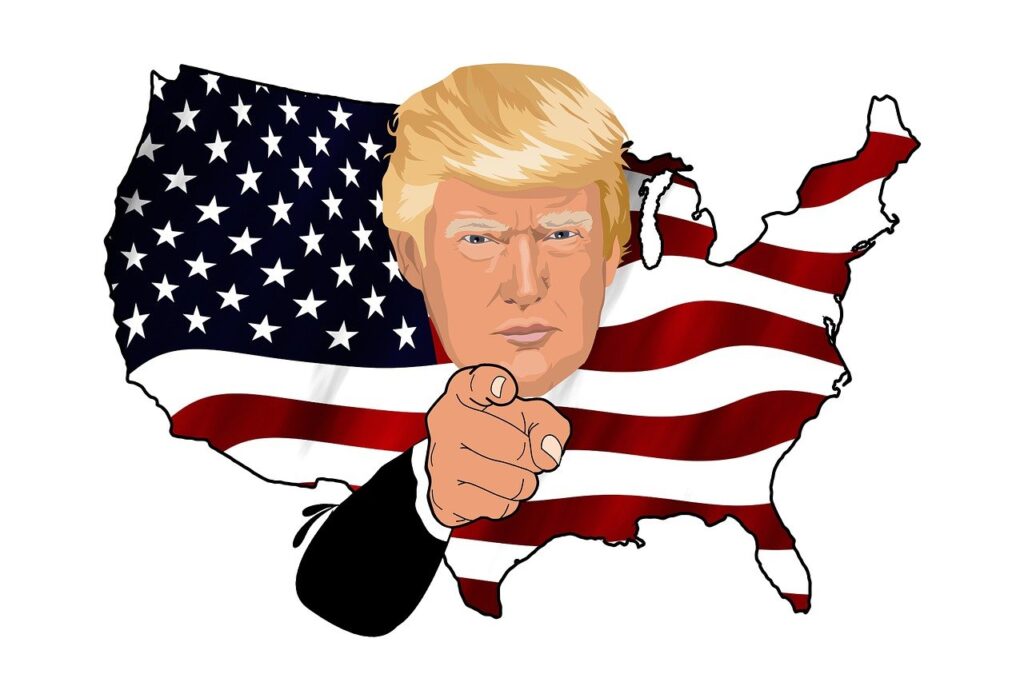
Alex Jones, the Infowars host, is known for his propagation of “nutso conspiracy theories,” as widely reported. His broadcasts frequently feature narratives concerning hidden agendas and powerful, clandestine forces. Recently, Jones has again drawn public attention with dire predictions regarding former President Donald Trump, directly implicating what he refers to as the “deep state.”
These recent pronouncements, made on the PBD podcast, describe a scenario reminiscent of a mid-1990s thriller, focusing on the potential for a political assassination. Jones’s rhetoric suggests a deep conviction in an orchestrated plot to prevent Trump from regaining power. This initial section will meticulously examine these specific claims, trace the complex history of Jones’s relationship with Trump, and detail the significant legal challenges that have shaped his public profile and financial standing.
The objective is to provide a comprehensive, factual account of Jones’s statements and their context, drawing exclusively from the provided information. We will explore his current warnings, revisit his past prophecies, and shed light on the complexities of his public persona, particularly in light of ongoing legal battles. This structured examination aims for objectivity, adhering to a neutral and informative tone consistent with news reporting.

1. **Alex Jones’s Explicit Prediction of Trump’s Assassination** Alex Jones recently made a stark prediction regarding former President Donald Trump’s personal safety, asserting that the “deep state” intends to assassinate him. Speaking on the PBD podcast, Jones conveyed a visceral certainty, stating, “I think they’ll blow his airplane up.” This scenario was presented as a potential culmination of sustained efforts to prevent Trump from returning to power.
Jones further elaborated on his “gut level” belief, stating, “I really, at a gut level, believe they’re going to kill Trump.” He posited that the “deep state establishment” would ultimately resort to lethal measures, convinced that conventional political opposition would prove insufficient. Jones predicted, “He’ll be 30 points ahead in the primaries. Nothing’s going to stop him.”
The scope of Jones’s claim extended beyond a single method. He suggested, “And then he dies of a heart attack, or they poison him, or they blow his airplane up.” This range of hypothetical scenarios, quoted from his PBD podcast appearance on June 25, 2023, underscores the extreme nature of the warnings Jones routinely disseminates to his audience regarding perceived targets of unseen forces.

2. **The Persistent “Deep State” Narrative and Past Unfulfilled Prophecies** The current claims articulated by Alex Jones concerning a “deep state” plot against Donald Trump align with his consistent and long-standing narrative. This assertion is not isolated; Jones has previously suggested clandestine government forces are actively working against political figures. His rhetoric frames national events through the lens of covert operations and elite conspiracies.
For example, in December 2017, Jones publicly predicted the Federal Bureau of Investigation (FBI) would assassinate Trump within 30 days. This prophecy did not materialize. Despite such instances, Jones remains steadfast in asserting Trump faces an existential threat, stating, “And Trump, by the way, has talked to Roger and others and said, I’m ready to die.” He characterized the broader political climate as a “death battle.”
The consistent invocation of a “deep state” narrative is a foundational element of Jones’s worldview. This framework interprets political developments as components of a larger struggle by unseen forces. The context also contrasts Jones’s dramatic prediction, noting that if Trump were to have an “incident” on an airplane, it is “more likely he’ll go the same way as Logan Roy, not because his plane was blown up,” suggesting a more conventional explanation.
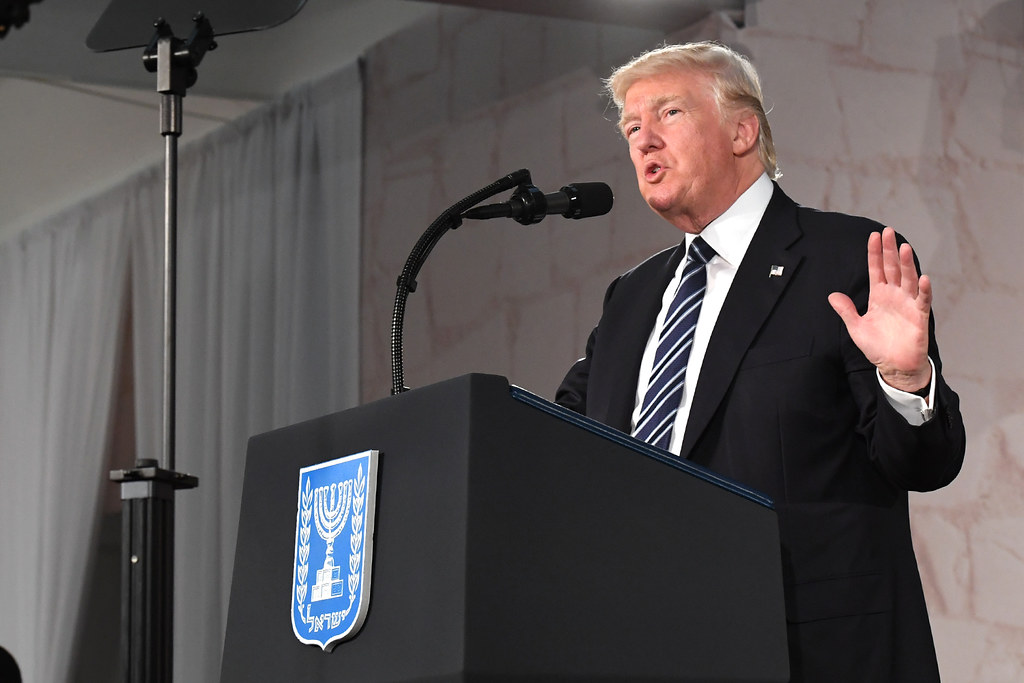
3. **The Evolving Trajectory of the Jones-Trump Political Alliance** The relationship between Alex Jones and Donald Trump has undergone significant transformation since its peak during the 2016 presidential campaign. In that period, Jones emerged as a vocal advocate for Trump’s candidacy within conservative and populist media. The Infowars host expressed fervent admiration for Trump, comparing him to historical American figures like George Washington.
Jones’s influence among a segment of the electorate was considerable. He claimed “90% of his listeners endorsed his candidacy.” Following Trump’s victory, Jones asserted a personal connection, claiming Trump called him to extend thanks for his support. This initial phase was characterized by a seemingly robust and mutually beneficial public alliance.
However, this strong alignment did not persist. The provided context states “Things went south” in their relationship, indicating a deterioration in public and private interactions. This shift signaled a departure from the unified front of their earlier association, setting the stage for subsequent criticism and a more nuanced, at times renewed, form of support.
4. **Public Discord: The Leaked Interview and Vaccination Stance Fallout** Tensions in the relationship between Alex Jones and Donald Trump became public following the leakage of a private interview from 2019. This conversation, which surfaced approximately two years ago, revealed Jones expressing profound personal frustration with the former president. Jones stated candidly, “I wish I would never have fu…ing met Trump … I’m so sick of Donald Trump, man. God, I’m sick of him.” This expressed disenchantment contrasted sharply with his earlier public praise.
The public disclosure of these sentiments marked a significant turning point in Jones’s assessment of Trump. The relationship further “escalated” when Trump publicly encouraged COVID-19 vaccinations in late 2021. Jones, a vocal critic of mainstream public health directives and vaccine mandates, found himself in direct ideological opposition to Trump’s advice on this issue.
This pronounced divergence on a contentious issue exacerbated existing tensions. For many within Jones’s audience, his anti-vaccine stance is central to his platform, making Trump’s vaccination endorsement a point of significant ideological friction. This period marked a low point in their alliance, as Jones’s public criticism of Trump’s vaccine stance solidified the perceived rift.

5. **The Extensive Legal and Financial Repercussions of the Sandy Hook Claims** Alex Jones has faced severe legal and financial repercussions stemming from his dissemination of false information concerning the 2012 Sandy Hook Elementary School shooting. After years of falsely claiming the event was a “hoax,” Jones was ordered by courts to pay almost $1.5 billion in damages. This judgment resulted from lawsuits by victims’ families, who suffered emotional distress and harassment fueled by Jones’s theories.
The legal battle also highlighted Jones’s financial strategies amidst these judgments. A New York Times analysis of his financial and legal documents reported allegations of strategic asset transfers. It was stated that Jones allegedly transferred “millions of dollars outside the reach of creditors” in an apparent effort to “avoid paying lawsuits from Sandy Hook families and court sanctions piled up against him over the past years.”
These ongoing legal and financial challenges illustrate the profound ramifications of Jones’s public rhetoric. The immense judgments against him and the scrutiny of his financial dealings have become a defining aspect of his public persona, underscoring the severe cost of propagating misinformation and engaging in prolonged legal battles.
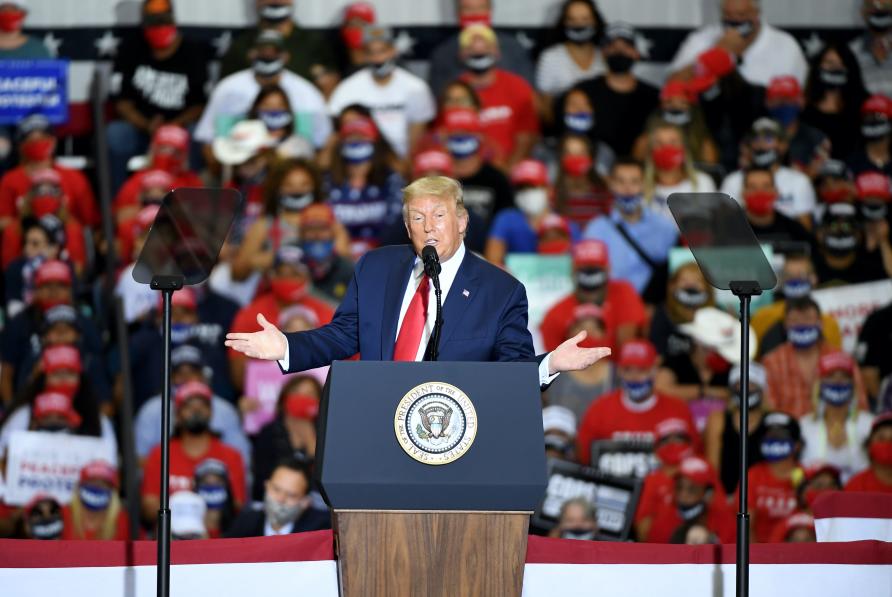
6. **Renewed Support for Trump and Heightened Assassination Warnings Post-Waco Rally** Despite previous public criticism and strained relations, Alex Jones has recently articulated a renewed, conspiratorially framed endorsement of Donald Trump. Following Trump’s rally in Waco, Texas, Jones acknowledged his prior “issues” but quickly pivoted to a core narrative, claiming, “Whether Trump is for real or not, the deep state hates his guts.” This re-alignment positioned Trump as a central figure in a broader struggle against an unseen establishment.
Jones emphasized his perception of Trump as a primary target, articulating that “they” — the “deep state” — regard him as “the most significant rival.” He also conveyed a sense of shared understanding, stating Trump is “aware of what is happening.” Jones expressed strong public approval for Trump’s recent rhetoric, declaring he “likes everything he heard from Trump” at the Waco event, signaling a return to public alignment.
Jones’s enthusiasm for Trump’s renewed vigor was evident. He described the former president as “amazing” and “born-again,” indicating a perceived transformation in Trump’s approach. Jones highlighted a notable change in Trump’s public statements, observing, “More hardcore stuff said at that rally than had been said in the last 6-7 years of Trump combined.” This intensification resonated with Jones, prompting him to reiterate his extreme warning: “I think they’ll probably try and assassinate him. This is just unbelievable.”
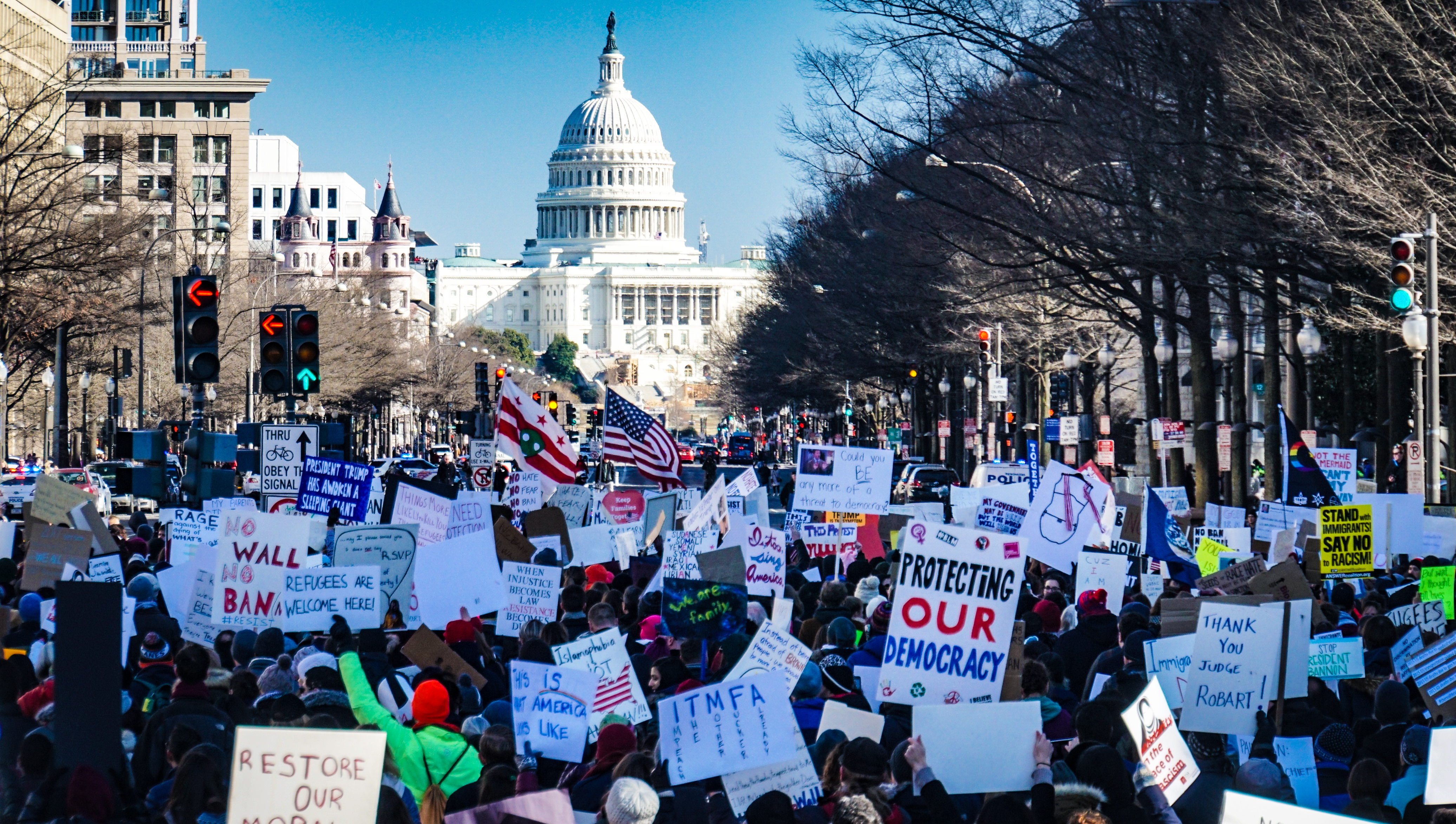
7. **Concluding Assassination Prediction and Strategic Disagreement on Protests** In his recent analyses, Alex Jones concluded his warnings about Donald Trump’s safety with a definitive and stark prediction. He stated with conviction, “If it looks like he’s about to win again, I think they’re gonna shoot him. I think they’re gonna blow his airplane up.” This final assertion consolidates Jones’s pervasive belief that powerful, clandestine forces will resort to extreme measures to prevent Trump from recapturing the presidency, reinforcing the “death battle” motif.
However, despite this shared perception of threats to Trump, Jones demonstrated a notable strategic divergence concerning calls for direct public action. When Donald Trump reportedly urged his followers to engage in widespread protests, Jones publicly voiced his strong dissent, arguing against such a course of action. Newsweek recalled Jones’s explicit position, where he asserted it “would not be a wise move.”
Jones specifically questioned the prudence of initiating large-scale protests in the wake of the highly scrutinized events of January 6. He suggested such demonstrations could lead to unforeseen negative repercussions or be misinterpreted. He conveyed his viewpoint by stating, “I think in this … volatile situation we’re in, we don’t need to be like Antifa,” advocating for a more cautious approach to public activism, despite shared perception of a common enemy.
Navigating the intricate landscape of global affairs, Alex Jones also recently turned his attention to the escalating tensions surrounding Iran and the potential for military engagement. During an urgent segment on Steve Bannon’s WarRoom, Jones offered a comprehensive analysis of the geopolitical stakes, particularly focusing on the implications of a U.S. military conflict. His commentary underscored concerns about Iran’s nuclear capabilities, the severe economic ramifications of conflict, and the broader risks of global escalation.
This second section meticulously examines Jones’s perspectives on these critical international issues. It delves into his assessment of Iran’s nuclear program, his warnings regarding the economic fallout from potential military action, and his projections concerning the broader geopolitical repercussions. The objective is to present a factual account of his recent statements, drawing exclusively from the provided information, while maintaining the objective and neutral tone characteristic of news reporting.

8. **Alex Jones’s Assessment of Iran’s Nuclear Capabilities**Alex Jones has asserted that Iran’s nuclear strategy is characterized by denial rather than overt display of its capabilities. Speaking on the WarRoom, Jones stated, “Iran’s strategy has never been to flaunt the bomb; it’s to deny they have it.” He contended that despite public perception, key entities are aware of Iran’s actual progress.
Jones further elaborated on this point, claiming, “But insiders know they’ve had the fissile material for years. Even Israel and the Pentagon know.” This perspective challenges the narrative that Iran is far from possessing nuclear weapons, suggesting that the material needed for such devices has been available for an extended period.
He reiterated his conviction that Iran “almost certainly possesses fissile material—and quite possibly assembled nuclear bombs.” Jones added that these potential devices are “distributed cleverly across multiple locations,” a factor he presented as critical in assessing the feasibility of any military intervention.

9. **The Ineffectiveness of Conventional Military Strikes Against Iran**Building on his assessment of Iran’s distributed nuclear material, Alex Jones strongly questioned the efficacy of traditional military intervention. He argued that the fragmented and concealed nature of Iran’s alleged nuclear assets renders a conventional strike largely futile.
Jones explicitly stated that the idea of bombing these facilities “just doesn’t match reality.” He underscored that the complexity of Iran’s capabilities “makes a conventional strike extremely difficult and likely ineffective,” suggesting that a swift, decisive military action would not achieve its intended purpose.
This viewpoint implies that any attempt at a conventional aerial campaign or targeted bombing would likely fail to neutralize Iran’s nuclear program entirely. Such an outcome, he suggested, would leave the core issue unresolved while potentially triggering broader, unintended consequences.

10. **The Volatile Nature of Iran’s Leadership and its Implications**Alex Jones also focused on the characteristics of Iran’s leadership as a critical factor in understanding the potential trajectory of any conflict. He described Iran’s leadership as “unpredictable and ideologically driven,” asserting that these traits significantly elevate the risks involved in diplomatic or military engagements.
This assessment suggests that the motivations and reactions of Iran’s leaders may not conform to conventional geopolitical expectations. Such unpredictability, Jones argued, “raises the stakes even higher,” indicating that rational calculation might be less influential than ideological conviction in their decision-making.
The inherent volatility of this leadership, in Jones’s view, compounds the challenge for global powers. It implies that traditional forms of deterrence or negotiation might not be as effective when dealing with a regime perceived as driven by deeply held, non-negotiable beliefs.

11. **The Strategic Importance of the Strait of Hormuz**Turning to economic concerns, Alex Jones underscored the paramount importance of global energy supply lines. He highlighted that “Energy is everything,” particularly in the context of geopolitical stability and economic well-being. This statement positioned energy as a foundational element of international power.
Jones then specifically identified the Strait of Hormuz as a critical strategic chokepoint. This narrow waterway, he noted, is indispensable for global trade and energy transit, making it a focal point in any discussion of Middle Eastern conflict.
He further detailed the strait’s significance by stating that “roughly 20% of the world’s oil passes” through it. This statistic emphasizes the immense volume of energy resources that traverse this route daily, illustrating its profound impact on global markets and economies.
Read more about: Sophisticated GNSS Spoofing Reshapes Electronic Warfare in Middle East and Ukraine, Posing Civilian Risks
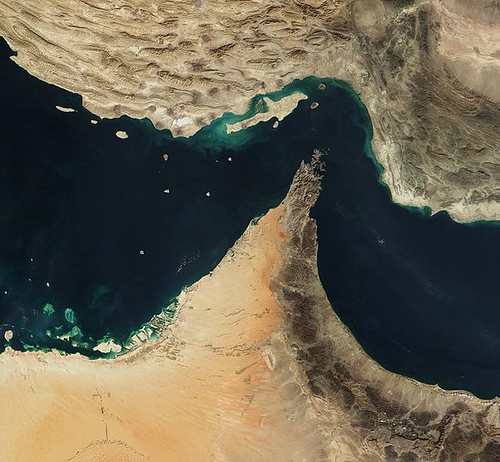
12. **Projected Economic Repercussions from Blockade of Strait of Hormuz**Alex Jones delivered a stark warning regarding the economic fallout should the Strait of Hormuz be disrupted. He predicted that Iran’s capability “to block this route could send oil prices soaring to $110 or even $130 per barrel,” a significant increase that would destabilize global markets.
Such a drastic rise in oil prices, Jones explained, would have a cascading effect on the global economy. He projected that it would lead to “doubling inflation and forcing interest rate hikes,” creating a challenging financial environment worldwide.
These economic repercussions, he argued, would directly undermine President Trump’s ambitious domestic economic agenda. Jones cautioned that such a scenario would “devastate President Trump’s ambitious economic recovery plan and global trade progress,” thereby impacting the very foundation of his administration’s economic achievements.
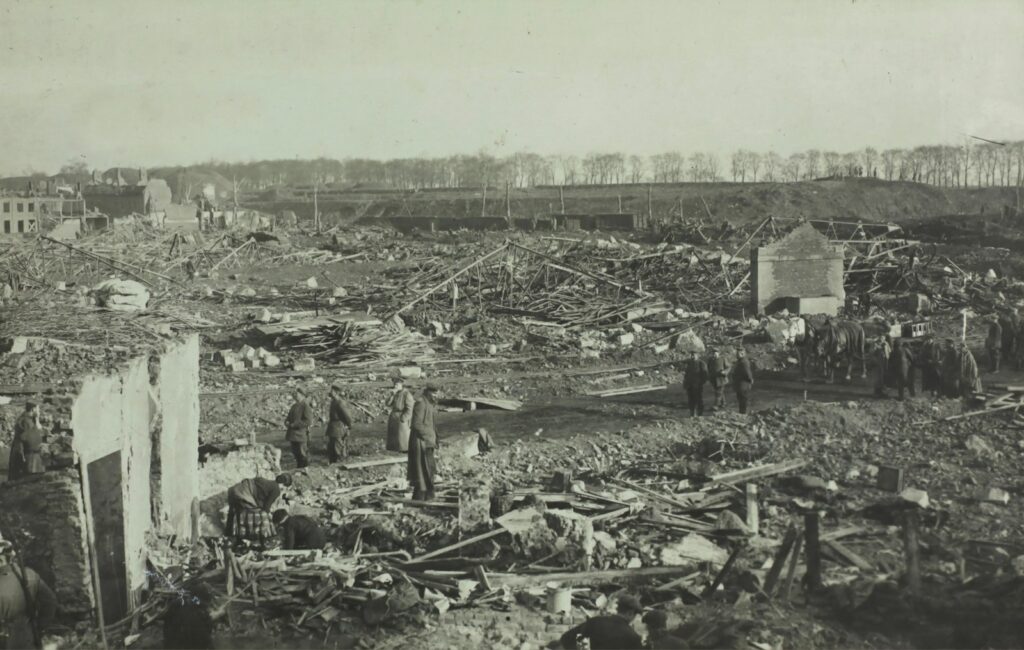
13. **The Risk of Prolonged and Unwinnable War**Beyond the immediate economic concerns, Alex Jones also articulated serious warnings about the broader military implications of a conflict with Iran. He cautioned that a direct attack on Iran “could trigger retaliatory strikes on U.S. bases and naval forces.” These strikes would represent a significant escalation, drawing American forces deeper into conflict.
Jones posited that such retaliations would risk “dragging America into a prolonged and unwinnable war.” This assessment suggests that a quick, decisive military victory would be unlikely, leading instead to a protracted engagement with indeterminate outcomes.
His concerns implied a scenario where the U.S. military would become mired in a conflict that drains resources and lives without achieving clear strategic objectives. This warning highlighted the potential for unforeseen complications and a struggle that defies conventional military solutions.
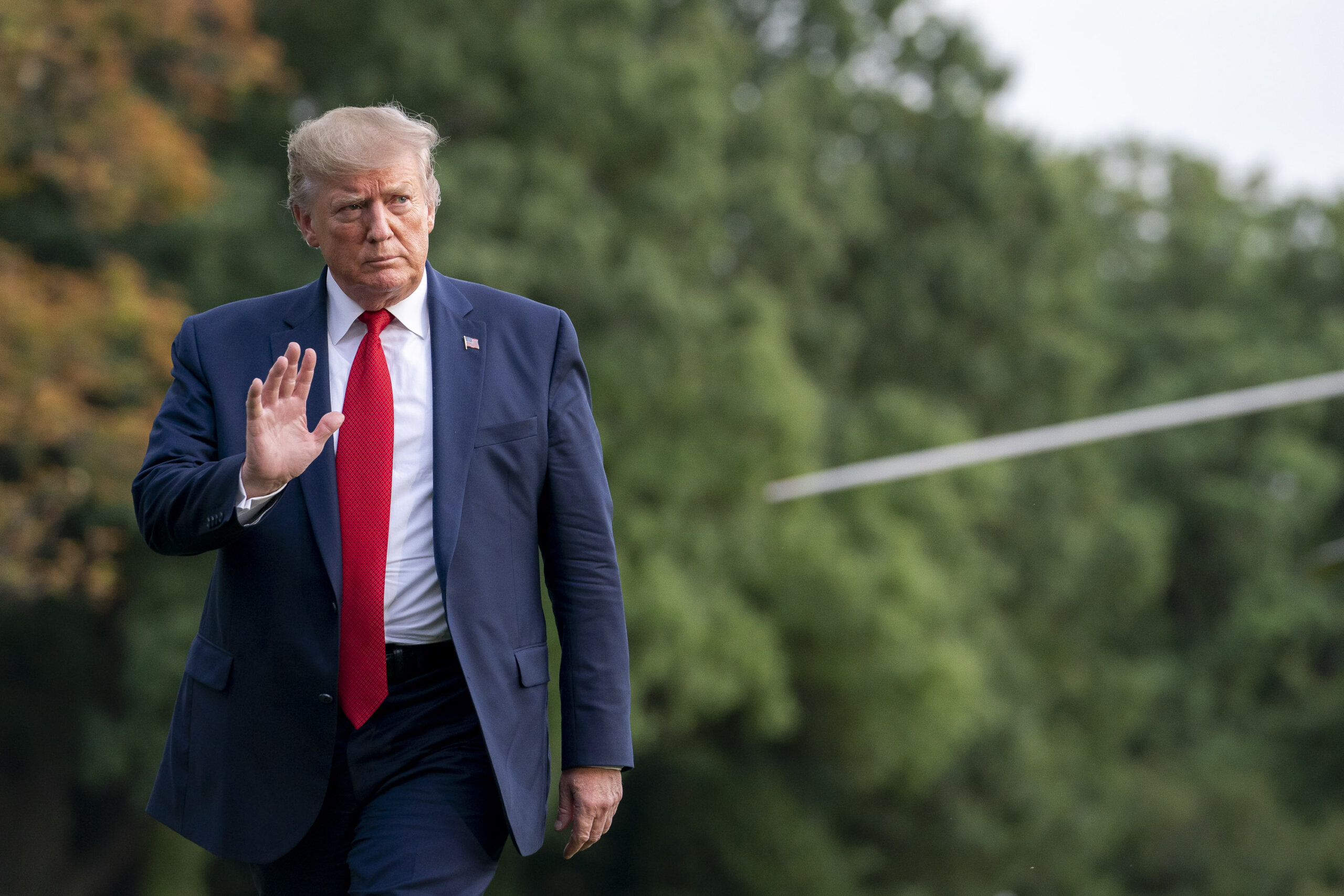
14. **The Global Escalation Towards Nuclear Conflict**Alex Jones extended his warnings to encompass the potential for broader geopolitical escalation. He stated that an attack on Iran could exacerbate tensions with other major global powers, specifically identifying “Russia, China, and Pakistan” as nations whose interests would be profoundly affected.
These increased tensions, Jones argued, carried the grave risk of pushing the world closer to a catastrophic outcome. He explicitly warned that such escalations could “edge the world dangerously close to nuclear conflict—a scenario with devastating global implications.”
This ultimate warning underscored the existential stakes of military action against Iran. Jones framed the situation as one that could trigger a global catastrophe, far exceeding the initial scope of a regional conflict and threatening the very fabric of international stability.
Read more about: Sophisticated GNSS Spoofing Reshapes Electronic Warfare in Middle East and Ukraine, Posing Civilian Risks

15. **Alex Jones’s Call for Prudence and Intelligence to President Trump**Throughout the WarRoom segment, Alex Jones consistently directed an urgent plea to President Trump, urging him to exercise extreme caution. Jones implored the president to “resist ‘war fever’” and instead adopt a more measured and strategic approach to the escalating situation.
He emphasized the critical need for comprehensive and unfiltered information, advising Trump to “seek comprehensive intelligence and counsel.” Jones expressed concern that the president might not be receiving a full and accurate picture of the situation, suggesting some advisors could be “withholding or sugar-coating information.” In a direct appeal, he urged, “If you haven’t been given that information, please go investigate it.”
Jones framed his urgent message not merely as a matter of military strategy, but as one of profound existential importance. He asserted that the stakes were “nothing less than the survival of Western civilization and the prevention of an economic and military collapse that could ripple worldwide.” His concluding counsel to Trump emphasized that “the path to victory lies not in reckless warfare, but in careful strategy, patience, and thoughtful leadership,” all essential to “protect America’s economic and strategic future.”
In the tumultuous currents of global politics and the shifting sands of public discourse, figures like Alex Jones often serve as barometers for extreme sentiments and unconventional warnings. His pronouncements, ranging from dire predictions about domestic political figures to stark analyses of international flashpoints, invariably ignite discussion and highlight the anxieties prevalent within certain segments of the populace. As the world grapples with complex geopolitical dynamics and the specter of conflict, these voices, however controversial, contribute to the multifaceted tapestry of public conversation, prompting a deeper consideration of potential outcomes and the intricate web of global interconnectedness.

